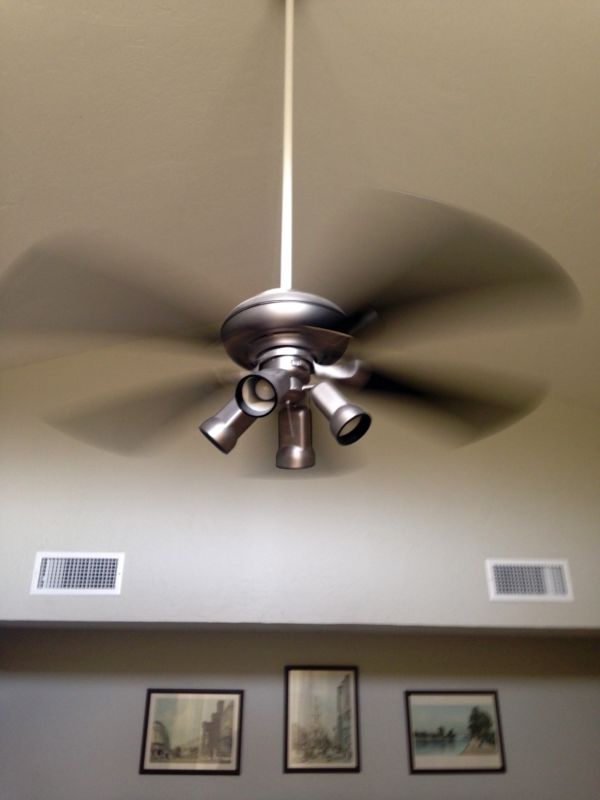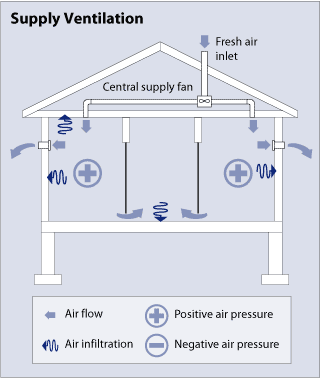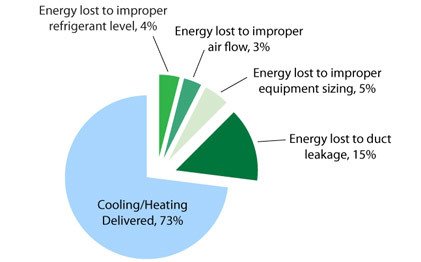5 Silly Myths People Believe About Home Energy Efficiency
March 25, 2016

Electric bills can get huge for us here in Southwest Florida. Especially in the summer when the air conditioner runs nonstop.
So many homeowners look for ways to increase their home’s energy efficiency. Great idea! Unfortunately, there’s a lot of silly advice out there about energy efficiency.
We’re going to bust 5 of the myths we hear a lot.
Myth: Thermostat setbacks don’t work
Claim: Leaving your thermostat on the same setting all day is more efficient than changing the temperature when you’re not home. The energy used to get your home cooled off when you get home offsets the energy savings from raising the thermostat when you’re not home.
Truth: When you’re not home for 8+ hours, you should increase the thermostat temperature setting. Doing so can save 5% to 15% on your yearly energy bills.
“But won’t my air conditioner have to run longer when I get home and offset the money I saved?”
Not really. You see, physics tells us that the bigger the difference between the temperature inside your home and the temperature outside, the faster heat will get into your home, forcing your air conditioner to run longer to remove the heat.
Raising the thermostat setting when you aren’t home decreases the temperature differential, meaning heat will get into your home at a slower rate. Learn more about how this works here.
Myth: Homes should “breathe”
Claim: You should never seal or insulate your home too tightly because homes need to breathe.
Truth: Home’s don’t need to “breathe” (they’re not alive). You do, however, want to get fresh air into your home when you seal it tight. You should use a whole-home ventilation system. Ventilation systems keep the air in your home fresh by pulling in clean air from the outside.

Example whole-home ventilation system. Photo source: Energy.gov
A ventilation system works better than relying on air leaks to get “fresh” air into your home. After all, the air that comes into your home through leaks can come through moldy insulation or a rat-infested attic. That’s not good.
Myth: Closing vents in unused rooms saves energy
The claim: Why cool your whole home when you only actually ever use part of it? Closing vents in unused rooms will push more of the cooled air into the rooms you do use and save you money.
The truth: Closing vents won’t save you money. In fact, it can actually cost you money for a couple reasons:
- Your AC is installed to work with a specific amount of air flow. Closing vents increases pressure in the duct system, forcing your AC’s fan to work harder, increasing your electric bill as a result.
- You may end up air conditioning your attic. Most homes in Southwest Florida have leaky ducts. Closing vents builds up pressure in the ducts, forcing more of your cooled air out of the leaks.
We talk about this in more detail in our article Should I Close My Air Conditioning Vents in Unused Rooms?
Myth: Ceiling fans help cool off your room
The claim: You should run your ceiling fans to help cool off your home and save on air conditioning costs.
The truth: Ceiling fans help you feel cooler, but they don’t actually drop the temperature in your room. So you should only run them if there’s someone in the room.
And they can save you money on AC costs, but only if you use them right and don’t make these 3 ceiling fan mistakes.
Myth: More efficient air conditioners always save money
The claim: You should get the most efficient air conditioner you can find at the best price in to keep your electric bills low.
The truth: You should definitely get the most energy efficient air conditioner you can afford. But don’t overlook the installer. ENERGY STAR has found that the average AC system loses 27% of its efficiency because of a poor installation.

That means that if that super efficient AC you just bought is installed wrong, it could become no better than the air conditioner you just replaced.
So don’t just look at the efficiency of the air conditioning system, consider the quality of the installer.
- Posted in:
- Air Conditioning

